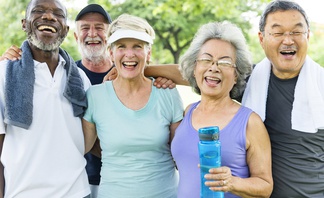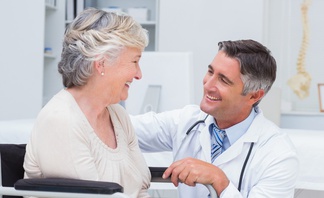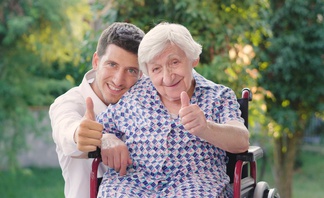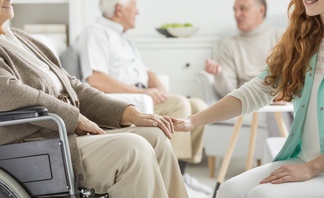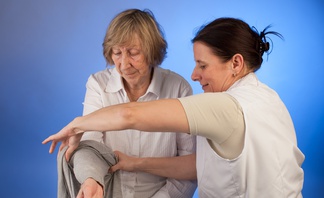“Where did you put your keys?”
“Do you remember if you took your medications today?”
“Are you sure you don’t need my help?”
That sounds familiar if you have any seniors you are taking care about, doesn’t it?
Taking care of your loved ones is work that requires everyday efforts and attention. Sometimes you have to double-check everything that they do, eat, assist with their daily routine. Prepare a dinner, help to dress, take for a walk, clean the house, etc. Not to mention special aftercare for the elderly who had experienced a stroke, have heart disease or diabetes.
It’s important to be with your loved ones, but if you notice that you lack time to do it efficiently, or that with time it seems like required, it may be the reason to think about home care assistant.
We prepared a checklist for families to go through and notice early signs when your loved ones may need a caregiver. Find out if your seniors are at risk before something happens.
1. Taking medications.
If seniors keep missing taking their medications - first things first you need to talk to them. Is there something that disturbs them? Maybe they don’t like this exact new prescription or do not see the reasons to take those medications. If there is no obvious reasons and just forgetfulness, then it’s an important sign to think about caregiver service.
2. Falling.
If such incidents happen it a sign for you to take actions. An early sign is an uncertainty - if you loved ones express any signs that they are afraid to fall - you also need to do some thinking and evaluate risks.
3. Nutrition.
Do your loved ones need assistance in preparing nutritious meals? Do they need a reminder to prepare lunch and dinner? Do they need any assistance during that lunch? Regular care will help to create and maintain a schedule and not miss a meal.
4. Need daily assistance.
If your senior has or need an assistive device to walk, keep balance or even to heat - that is also an important factor pointing that you need to consider caregiver services. The same about keeping their daily routine as normal and assisting in personal care activities.
5. Medical history.
Of course, elderly people experiencing some ailments need additional assistance. Depending on the seriousness of the state you may need extra help to care about your loved ones.

